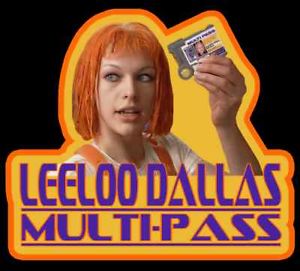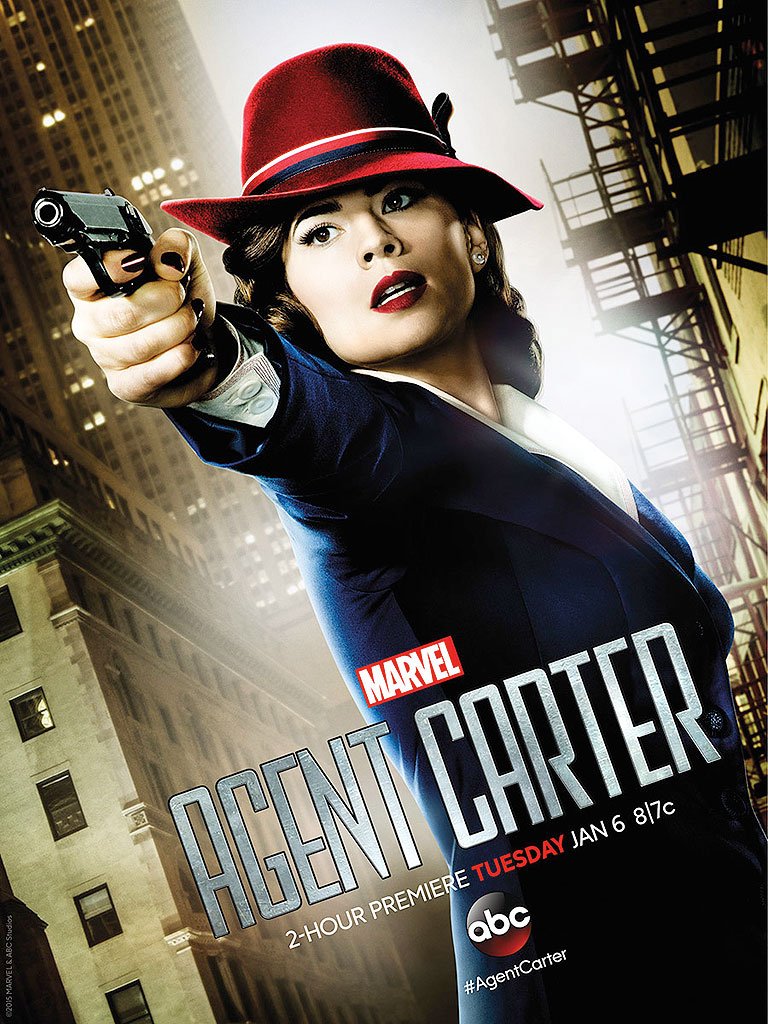Don't you wish we were talking about the movie the Fifth Element?
Multipass. M u l t i p a s s.

High fives all around if you understand the reference. If not, go watch Fifth Element. Do it.
This is the last element for you all:
Something to Learn.
This is the moral of the story.
The Early Bird catches the worm.
Slow and steady wins the race.
True love is the most powerful force in the world. (*cough cough Princess Bride cough*)
Lightsabers are cool (not a moral, just something I think is
true and important about Star Wars)
Etc.
Now I know what you’re all thinking: You can’t possibly know
what I’m thinking Micah!
(Did I guess)
But I’m sure what you’re thinking is something along the
lines of “Morals are really preachy and I don’t want a moral in my book,” but
if you think about it, even a story of that thing you saw on the internet
probably has some kind of a moral. By definition, the moral of the story is the
point you want to make by telling the story.
Now let’s look at modern stories to look at this.
I’m going to use Marvel’s Agent Carter as an example because
I love it.

In Season 1, everyone doubted that Peggy could do anything
to solve the case. Without revealing anything, I will say that she uses the
fact that she is a girl to get into several places that a boy could not (for
example, flirting with a male suspect) and ended up solving the case herself.
It’s really awesome. You all should watch it.
But the moral of that show is “just because someone is a
girl doesn’t mean they’re any less capable than a man.”
But was it preachy? No.
Maybe a little sometimes, but honestly, I just really enjoyed
it for the characters and the humor and the action and the COPIOUS HEARTBREAK.
No comments:
Post a Comment